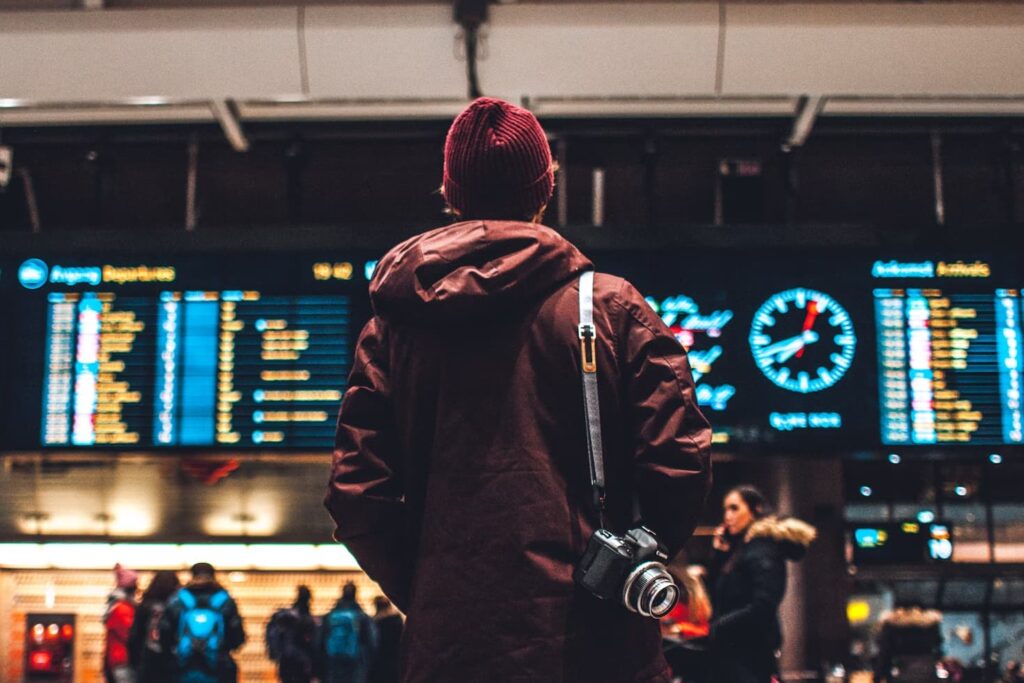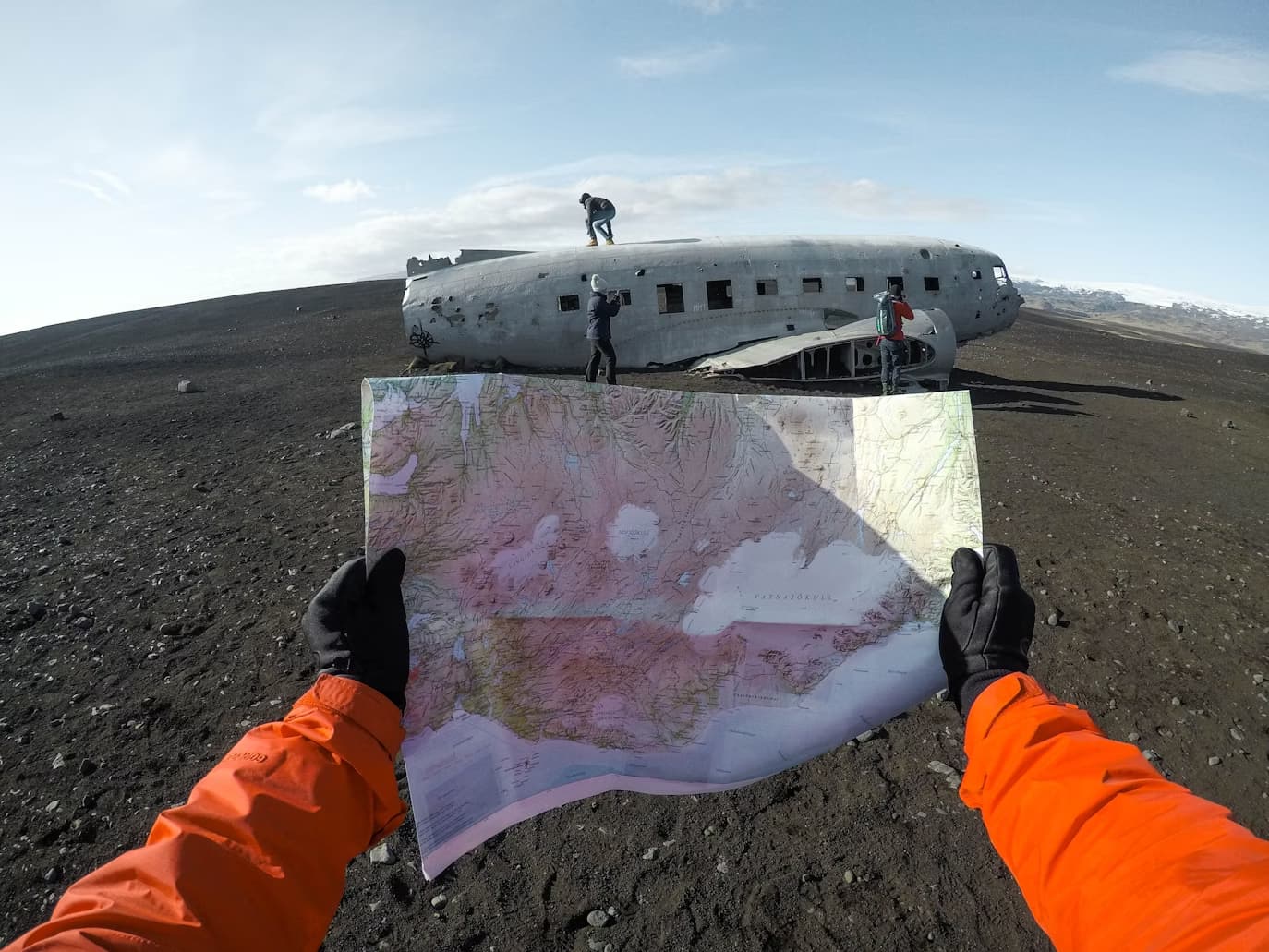In an increasingly interconnected world, human rights organizations face the daunting challenge of responding to crises and disasters with speed and precision. Whether it’s a natural disaster, a political upheaval, or an armed conflict, the ability to mobilize quickly is crucial for these organizations. One of the tools that have become indispensable in recent years is flight tracking. By leveraging real-time flight tracking services, such as those available on this page, NGOs can efficiently coordinate their logistics, ensuring that their teams are on the ground where they are needed most, as quickly as possible.
The Role of Flight Tracking in Crisis Response
When a crisis strikes, time is of the essence. Human rights organizations must not only identify the most affected areas but also deploy their teams swiftly to provide aid, monitor the situation, and document human rights violations. In these critical moments, flight tracking technology plays a vital role in facilitating rapid and organized response efforts.
NGOs rely on flight tracking services to keep tabs on flight availability, monitor real-time progress, and adapt their plans accordingly. This is especially vital in areas with compromised or limited transportation infrastructure. For example, during a natural disaster, airports might be closed or only partially operational, causing delays or cancellations. By receiving real-time updates from flight tracking services, NGOs can swiftly find alternative routes or adjust their schedules, reducing delays and ensuring their teams reach the crisis area as quickly as possible.
In addition, flight tracking allows organizations to synchronize the arrival of teams coming from various locations, ensuring that all members reach the crisis zone together. This coordination is essential for maintaining the efficiency and safety of their operations, as staggered arrivals can result in disorganized efforts and heightened risks for team members.
Enhancing Safety and Security for Human Rights Defenders
In many cases, human rights defenders operate in hostile or unstable environments where their safety is at risk. Whether they are traveling to document abuses in conflict zones or to provide support to displaced populations, the security of these individuals is paramount. Flight tracking services offer an additional layer of protection by allowing NGOs to monitor the exact location of their personnel throughout their journey.
By tracking flights in real time, organizations can anticipate potential security threats, such as civil unrest or military activity near airports, and adjust travel plans accordingly. In some cases, flight tracking may reveal that a planned route is no longer safe, prompting the organization to divert their teams to a safer location. This proactive approach to travel security can significantly reduce the risks faced by human rights defenders, enabling them to carry out their work more effectively.
Furthermore, flight tracking can help NGOs maintain communication with their teams during transit. By knowing the exact location of a flight, organizations can plan check-ins at key points in the journey, ensuring that team members remain in contact and can report any issues or concerns. This continuous line of communication is essential for maintaining the safety and well-being of human rights defenders, particularly in high-risk environments.

Streamlining Logistics and Resource Allocation
Effective crisis response requires more than just getting people to the right place; it also involves the careful coordination of resources and supplies. Flight tracking services are invaluable in this regard, allowing NGOs to plan the transportation of essential items such as medical supplies, food, and equipment in a timely and efficient manner.
For example, if an organization needs to deliver medical supplies to a remote area affected by a natural disaster, flight tracking can help them identify the quickest and most reliable flights available. By tracking these flights in real time, NGOs can ensure that the supplies are delivered as scheduled, avoiding delays that could jeopardize the health and safety of those in need.
In addition to tracking commercial flights, some flight tracking services also provide information on cargo and private flights, which can be crucial for NGOs that rely on these options for transporting large quantities of supplies or for reaching areas not serviced by commercial airlines. By having access to this data, organizations can make informed decisions about how best to allocate their resources, ensuring that aid reaches its destination as quickly and efficiently as possible.
Up-to-the-Minute Data for Smart Decision-Making
The unpredictable nature of crises means that ground conditions can shift rapidly. A route or destination that was safe yesterday might become hazardous today. This level of uncertainty demands that NGOs remain flexible and make decisions grounded in the latest information. Flight tracking services offer real-time data, which is essential for making well-informed decisions in such situations.
For instance, if an NGO has a team en route to a crisis zone and receives intelligence that the security situation at the destination has deteriorated, they can use flight tracking to divert the team to an alternate location before they arrive. This ability to react in real time to changing conditions can mean the difference between a successful mission and a failed one.
In addition to responding to immediate threats, flight tracking data can also be used to analyze trends and patterns over time. For example, an organization might notice that flights to a particular region are consistently delayed or rerouted due to weather conditions or other factors. Armed with this information, they can adjust their future travel plans to account for these issues, reducing the likelihood of disruptions.
Conclusion: The Future of Crisis Response and Flight Tracking
As the world becomes more interconnected and crises become more complex, the ability to respond quickly and effectively is more important than ever for human rights organizations. Flight tracking services have become an essential tool for these NGOs, enabling them to mobilize quickly, enhance team safety, and optimize aid delivery.
Looking ahead, the role of flight tracking in crisis response is likely to continue growing as technology advances. New features, such as predictive analytics and integration with other crisis management tools, could further enhance the capabilities of NGOs, allowing them to respond even more effectively to the challenges they face.
In the end, the goal of every human rights organization is to protect and uphold the rights of individuals, particularly in times of crisis. By embracing the latest tools and technologies, including flight tracking, these organizations can ensure that they are always ready to meet this goal, no matter where in the world they are needed.
